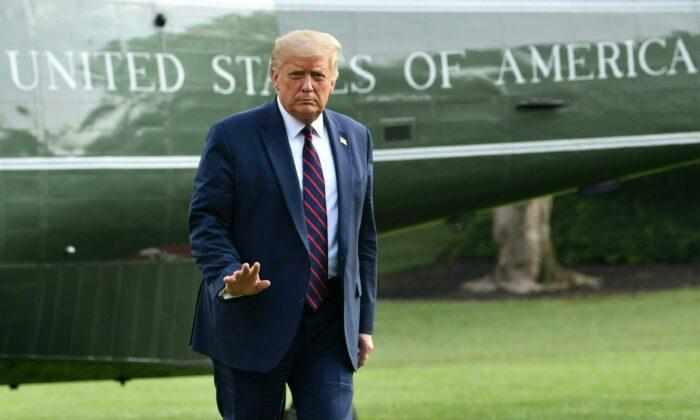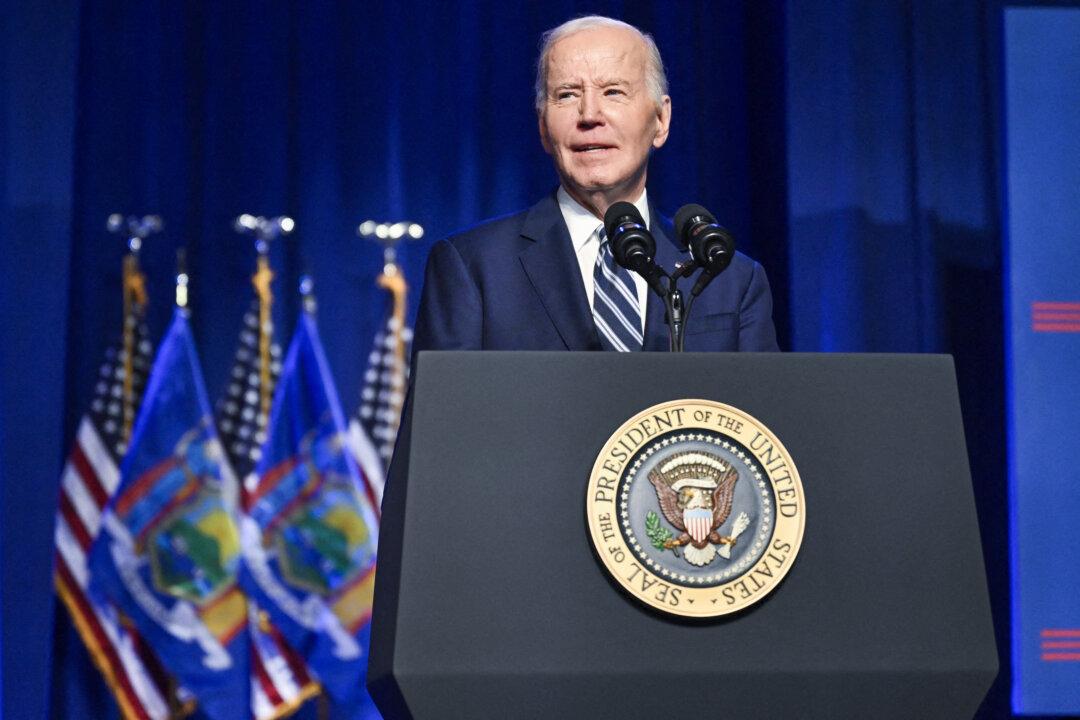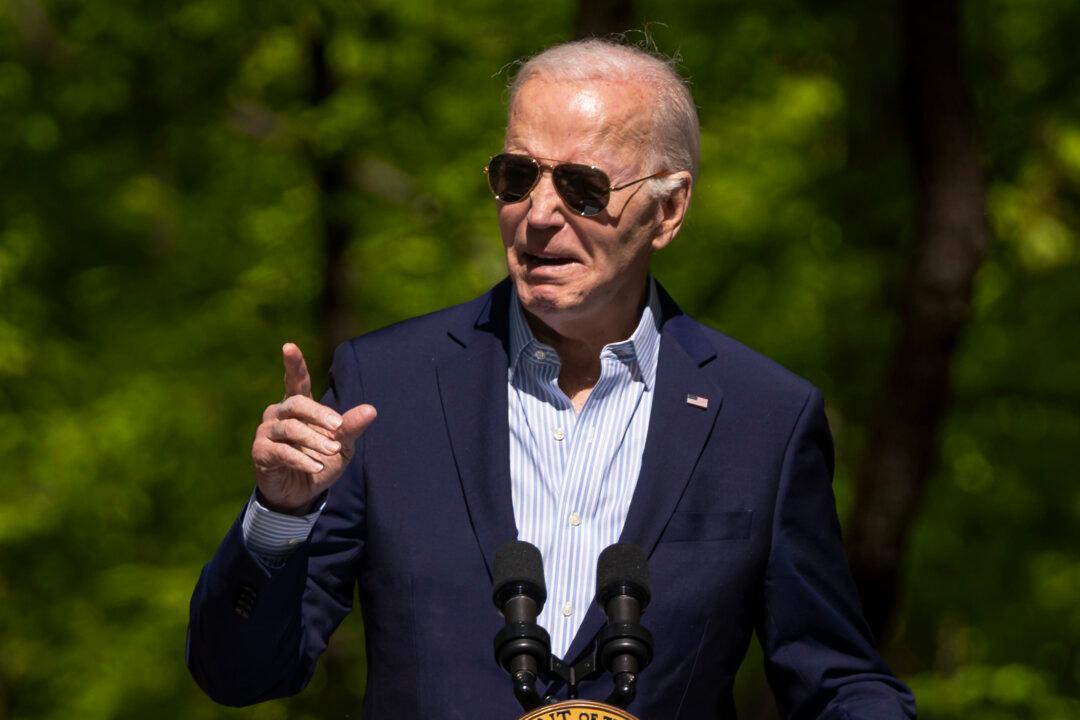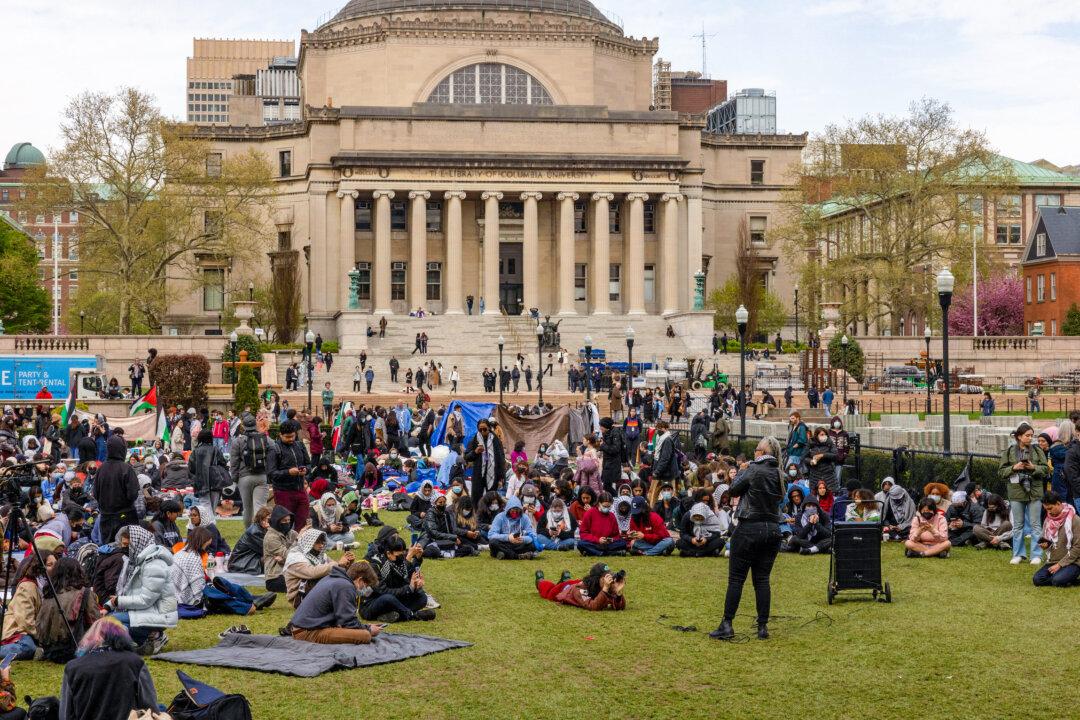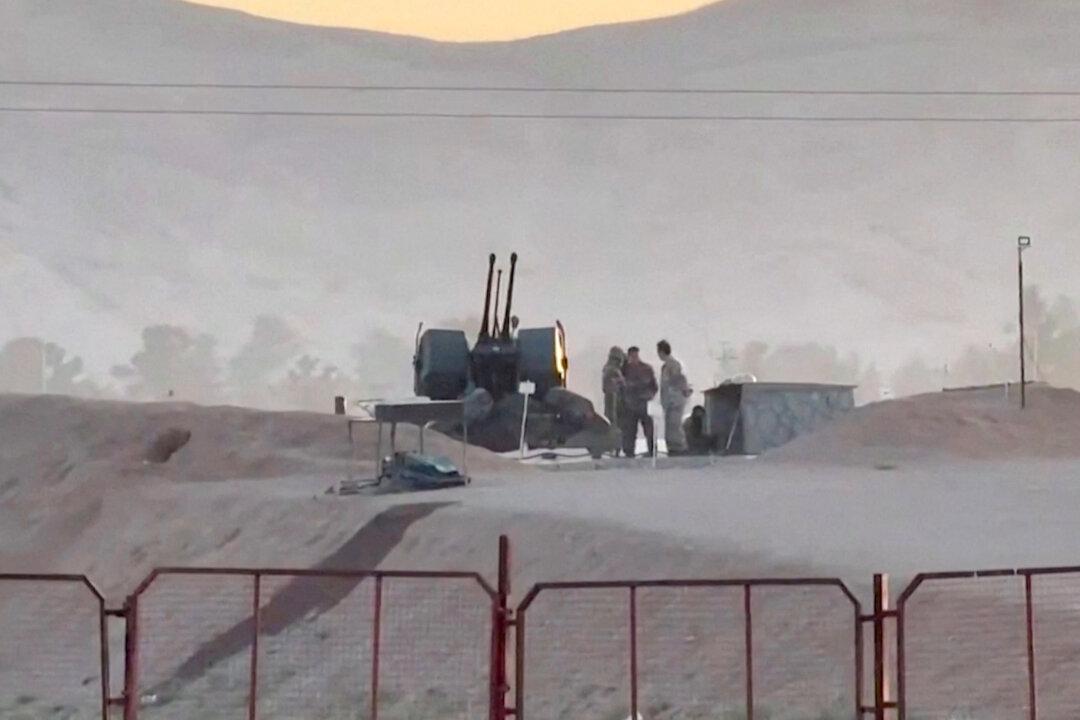WASHINGTON—This week, the Trump administration took “a momentous step” to bring manufacturing back to the United States as the once-mighty camera company Kodak will be transformed into a pharmaceutical firm to produce essential medicines.
Rosemary Gibson, the co-author of “China Rx,” praised the deal, calling it “a great step forward” for the country.
“Our health security will be dramatically improved and certainly our national security,” she told The Epoch Times. “We need 50 of these to come back to our country.”
As a result of the pandemic, Gibson’s book has become essential reading for lawmakers on both sides of the aisle as it exposes the risks of America’s dependence on China for medicines.
Eastman Kodak Co. has secured a $765 million government loan under the Defense Production Act (DPA) to produce generic active pharmaceutical ingredients (APIs) as part of an effort to reduce the United States’ reliance on China for crucial medical supply.
The loan will be provided by U.S. International Development Finance Corp., the government’s newly formed development finance institution. With this loan, Kodak will build the needed capacity to produce essential medicines.
Gibson noted that such deals will help create some degree of self-sufficiency.
“We should be able to make some of the most essential drugs that are necessary for our health care systems, our hospitals,” so they don’t face disruptions especially during periods of the pandemic, she said.
The country still faces a shortage of basic antibiotics such as doxycycline and amoxicillin, she noted, that are crucial for coronavirus patients and China controls 90 percent of the core chemicals to make them.
During the pandemic, countries where production facilities are located have imposed export restrictions for critically needed items. That’s disrupted the U.S. pharmaceutical industry’s global supply chain and alarmed Congress and the White House.
President Donald Trump called the deal “a momentous step toward achieving American pharmaceutical independence.” Restoring U.S. manufacturing is a “core matter of national security” that has become ever clearer due to the pandemic, he said on July 28 at a White House press conference.
The Kodak deal marks the administration’s 33rd use of the DPA, a Korean War-era law that grants the president a wartime authority to get the needed supplies from the private industry.
According to Roger Klein, a physician and health policy expert, Trump found a creative way to help Kodak make productive use of its assets and resources, while creating new jobs.
“This is a creative and innovative way to bring manufacturing home by helping a struggling but storied company to redeploy its expertise,” he told The Epoch Times.
Why Kodak
Founded in 1888, Kodak was once one of the most powerful companies in the world. However, the photography pioneer failed to ride the digital wave and filed for bankruptcy protection in 2012 after a long struggle.According to Harvard Business School professor and former Kodak executive Willy Shih, it makes sense to turn to Kodak for the production of the active pharmaceutical ingredients. Kodak has the capability, since it was “one of the great manufacturers of complicated organic chemicals,” he told The Epoch Times.
“The Eastman Kodak research lab, in the latter part of the 20th century, was one of the great industrial research labs in the world, especially for organic chemistry.”
In addition, new process technologies afford the opportunity to reduce waste products and produce in an environmentally responsible way, according to Shih.
However, there are economic challenges in producing domestically, which affect drug pricing.
“When the current crisis passes, will people be willing to pay more because it’s made domestically? Now my argument would be, if you want to have a domestic supply chain so that you have more resilience when the next pandemic hits, the answer should be yes,” Shih said.
“But I don’t think consumers are prepared to do that. And I think that’s the fundamental dilemma in this country.”
Jim Continenza, CEO and chairman of Kodak, told CNN that the new operation would create 300 new jobs in Rochester, New York, where Kodak is based, as well as 30 to 50 jobs in Minnesota. In addition, it will create 1,200 indirect jobs, he said.
New York Gov. Andrew Cuomo, who touted the deal, said in a tweet on July 28 that he was “happy to have worked” with the White House on the project.
“The fed gov took a smart step today in using the Defense Production Act,” he wrote.
“Americans should never again rely on foreign supplies during a pandemic.”
